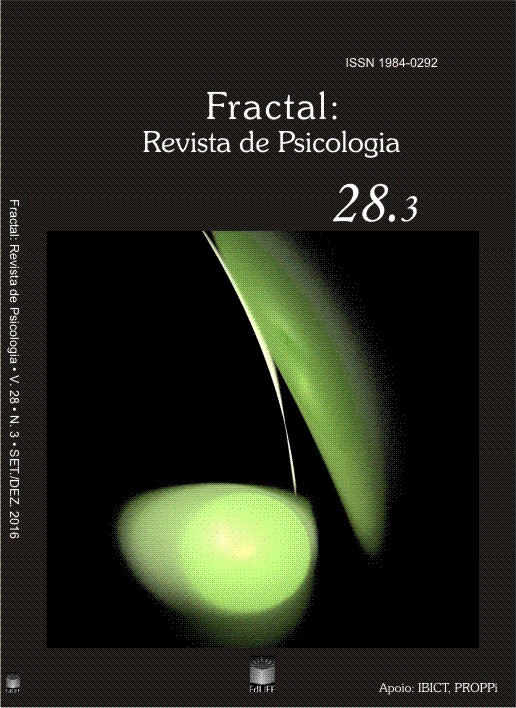The development of a research-intervention project with an urban slum
Mots-clés :
research-intervention, diabetes, health, epidemiology, psychologyRésumé
This article analyzes the interface between epidemiology and historical-cultural psychology as it presented itself in a research project in an urban slum. From the outset, the study sought to assess the clinical burden of disease due to diabetes mellitus, iteratively integrating findings into clinical practice, a formal separation between diagnosis and intervention. However, over the course of the study, the project shifted away from this traditional medical model as all stakeholders became engaged in the dialogic process. This process – known as research-intervention – brought to light the constructive nature of knowledge, and produced “zones of senses”. These senses, and the lessons learned during their analysis, engender the development of new model for research and medical practice. In the process of these analyses we highlight several intersecting epistemological paths as we explore the historical-cultural psychology of Vygotsky, the pedagogy of Freire, and the philosophy of the language of Bakhtin.
Téléchargements
Téléchargements
Publiée
Numéro
Rubrique
Licence
Autores que publicam nesta revista concordam com os seguintes termos:
- Autores mantém os direitos autorais e concedem à revista o direito de primeira publicação, com o trabalho simultaneamente licenciado sob a Creative Commons Attribution License que permitindo o compartilhamento do trabalho com reconhecimento da autoria do trabalho e publicação inicial nesta revista.
- Autores têm autorização para assumir contratos adicionais separadamente, para distribuição não-exclusiva da versão do trabalho publicada nesta revista (ex.: publicar em repositório institucional ou como capítulo de livro), com reconhecimento de autoria e publicação inicial nesta revista.

This work is licensed under a Creative Commons Attribution 4.0 International License.

Na medida do possível segundo a lei, a Fractal: Revista de Psicologia renunciou a todos os direitos autorais e direitos conexos às Listas de referência em artigos de pesquisa. Este trabalho é publicado em: Brasil.
To the extent possible under law, Fractal: Revista de Psicologia has waived all copyright and related or neighboring rights to Reference lists in research articles. This work is published from: Brasil.



